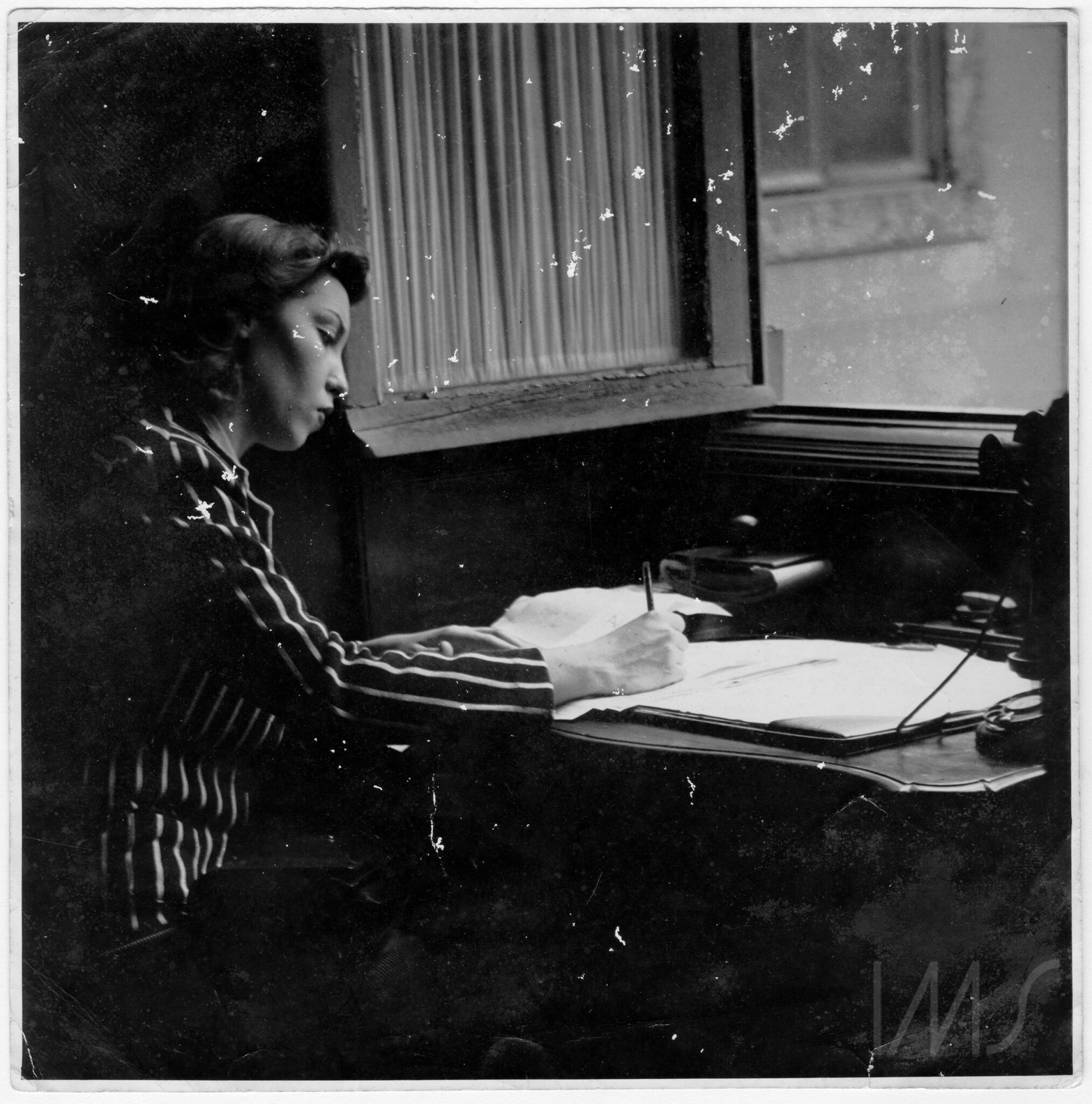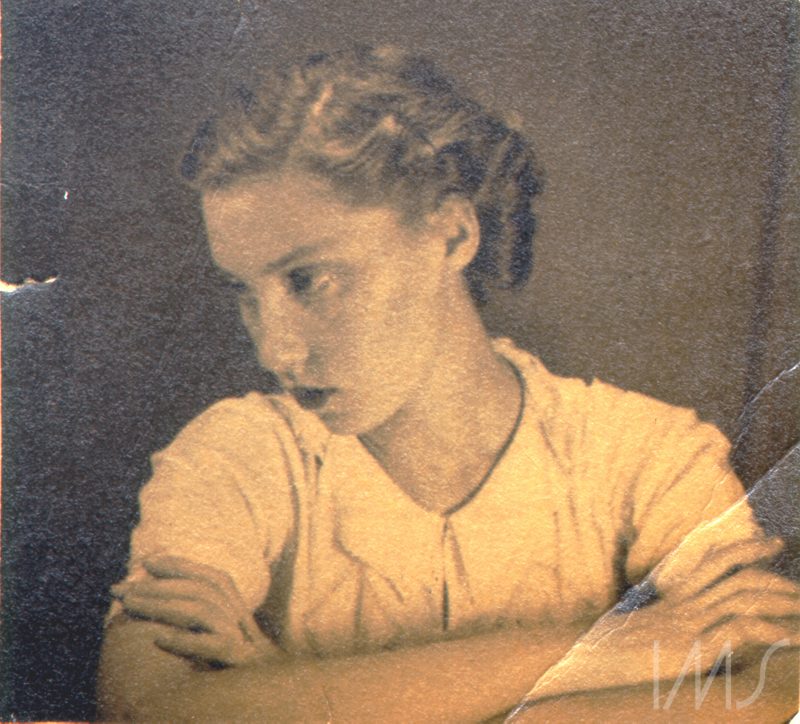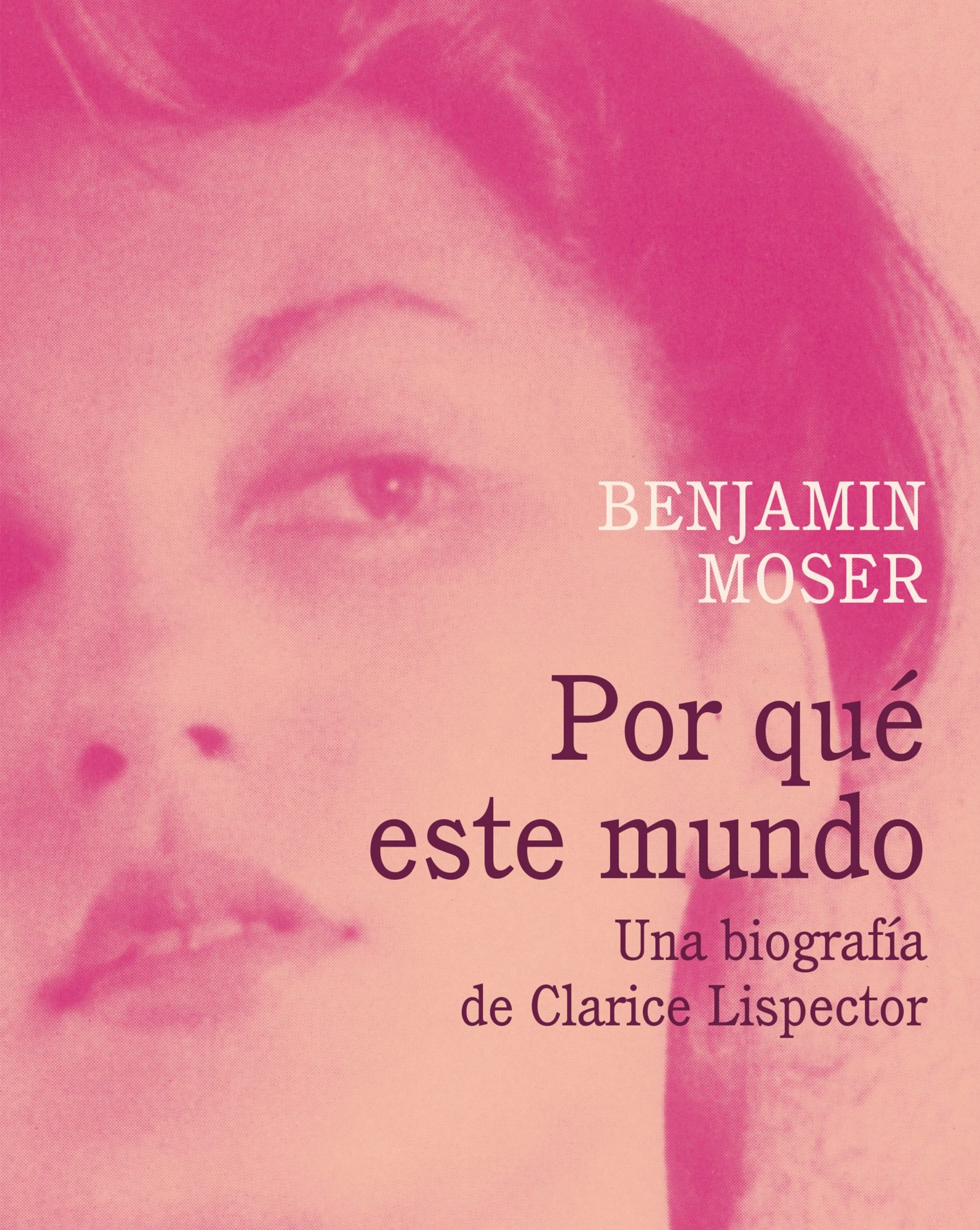, “The Chandelier” is published in English. IMS Clarice Lispector, 2018. Disponível em: https://site.claricelispector.ims.com.br/en/2018/04/05/o-lustre-e-publicado-em-ingles/. Acesso em: 26 July 2024.
The Chandelier, Clarice Lispector’s second novel, published in 1946, was just translated into English by Benjamin Moser and Magdalena Edwards. The book is another of a series of translations of the author’s works that have been published in the past few years. In a statement to The New York Times, Moser observes that this may be the strangest and hardest book by the Brazilian writer (who was born in Ukraine in 1920). The British critic Christopher Ricks, for his part, sees it as a miniature of Clarice’s universe:
So many of the themes, philosophical inquiries and character types that appear [in The Chandelier] will return, honed as Lispector refines her style and hardens them into the diamond like perfection of her final books, which are narrated in jagged aphorisms – ‘anti literature’ she called them.
The American newspaper furthermore celebrates the rediscovery of Clarice in the United States as one of the true literary events of the 21st century, highlighting the singularity of her writing, which is marked by a unique punctuation and syntax, in addition to a capacity to resignify words according to her own wishes – “No one sounds like Lispector (…). No one thinks like her,” the journalist Parul Sehgal concludes.
A few days after the American newspaper featured The Chandelier, the editor Gregory Cowles included the book on the list of ten reading suggestions that he made for the prestigious Book Review column.
Read The New York Times article here.
*Photo: Unidentified photographer/ Clarice Lispector Collection/ IMS
See also
 by Lilian Hack
by Lilian Hack
That was the first sensation which I had when I saw Clarice’s paintings: my whole body shivered in a flush that was shared with these two women who worked every day at the archive. A kind of slip, a discomposure, a “human dismantling.” As Clarice wrote, “She needs to move her whole boneless head to look at an object.”
 by Victor Heringer
by Victor Heringer
In this edition of “Clarice’s Hour,” the IMS Paulista hosted a conversation with Idra Novey, mediated by the poet and editor Alberto Martins.
 by Bruno Cosentino
by Bruno Cosentino
The traditional Parisian bookstore Shakespeare and Company placed on special display the English version of the book The Complete Stories, by Clarice Lispector.
 by Matildes Demetrio dos Santos
by Matildes Demetrio dos Santos
In addition to confirming the value of the biographical genre as a privileged means to meet the demands of a curious public about the past of famous personalities, Teresa Montero challenges the genre’s conventions by reconstructing the family life, personal experiences, friendships, and creative process of Clarice Lispector, an author who, with all her strengths, gave life to her vocation for literature as a fatality and a salvation.
 by Paloma Vidal
by Paloma Vidal
A chronicle of the encounter with the manuscripts of The Hour of the Star by Paloma Vidal for the new edition of the novella.
 by Veronica Stigger
by Veronica Stigger
In January 1975, Clarice Lispector received an invitation letter, signed by Simón González, a Colombian businessman, politician, and mystic, inviting her to take part in the First World Congress of Witchcraft, which would be held between August 24 and 28 of that same year in Bogotá, Colombia. [...] But why was Clarice Lispector invited to the First World Congress of Witchcraft?



















